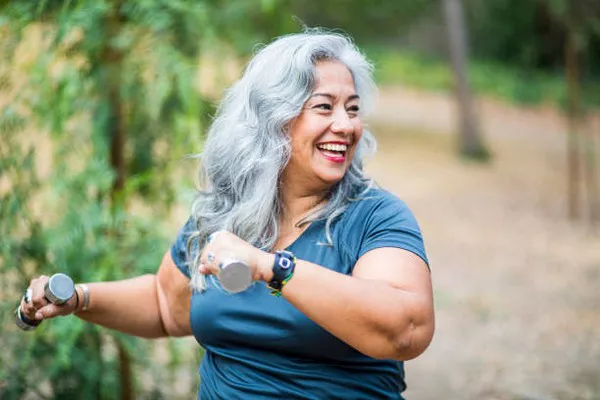A gym in Incheon, near Seoul, has sparked nationwide controversy by displaying a sign prohibiting “ajumma” (middle-aged women) from using its facilities, highlighting the absence of anti-discrimination laws in South Korea.
The sign, which reads “Only cultivated and elegant ladies allowed,” explicitly excludes middle-aged women, who are often stereotyped and labeled as “ajumma” in South Korea. This term, traditionally used to describe married women aged around 45 to 55, has taken on negative connotations, carrying sexist and ageist undertones.
The gym’s management defended its decision, citing disruptive behavior by these women, including allegations of stealing, doing laundry on the premises, gossiping, and making unsolicited comments on others’ bodies. They claimed that such behavior led to younger women quitting their memberships.
Attempting to justify the ban, the gym differentiated between “ajumma” and other women, portraying the former as individuals who “like free things regardless of their age” and are “stingy with their own money but not with other people’s money.”
This incident sheds light on discriminatory practices in South Korea, where businesses have been criticized for excluding children, seniors, and foreigners from certain public spaces. Despite laws prohibiting age discrimination in employment, such practices persist, often justified by claims of ill-mannered behavior from older individuals.
The lack of comprehensive anti-discrimination legislation in South Korea extends beyond public spaces, impacting gender dynamics and exacerbating existing inequalities. South Korea has the largest gender pay gap among OECD nations and ranks low on gender equality indices. President Yoon Suk Yeol’s administration has faced criticism for its stance on gender issues, including efforts to abolish the Ministry of Gender Equality and Family and eliminate gender quotas.
The country’s societal fabric, rooted in Confucian traditions, is experiencing growing fragmentation, marked by a divide between younger, Western-oriented individuals and the more traditional older generation. This fragmentation is compounded by pressing issues such as low birth rates, long working hours, rising living costs, and elder abuse, with about 40% of South Koreans over 65 living below the OECD’s poverty line.
Despite repeated proposals, anti-discrimination legislation has yet to be passed in South Korea, leaving marginalized groups vulnerable to discrimination and inequality.


